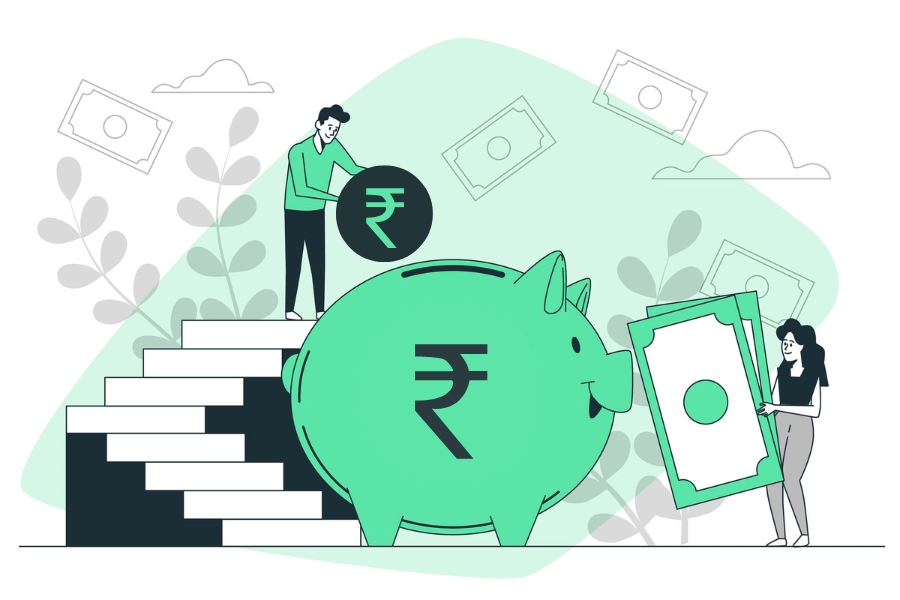Fixed Deposits

What are Fixed Deposits?
Fixed Deposits (FDs) offer a popular investment option through banks and NBFCs. You deposit a specific amount for a fixed term, ranging from a few months to several years, during which your money stays locked away. In return, the bank or financial institution guarantees a fixed interest rate. Understanding what fixed deposits are and how to invest in fixed deposits will help you make informed financial decisions.
Benefits of Fixed Deposits
Secure your future with predictable growth, packed with benefits that make them incredibly attractive to investors seeking growth with minimal risk.
Fixed Returns
FDs offer a fixed interest rate throughout the term, allowing for predictable returns. Knowing what interest rates fixed deposits provide can guide you in choosing the right FD for your needs.
Security
FDs provide a safe investment option with minimal risk because banks or financial institutions back them. If you're wondering if fixed deposits are safe, the answer is yes—they are considered one of the safest investment options available.
Higher Interest Rates
FDs generally offer higher interest rates compared to regular savings accounts. This allows your money to accumulate interest at a faster pace. Being aware of what interest rates fixed deposits provide can maximize your returns.
Flexibility
You can choose deposit tenures according to your financial goals, ranging from short-term to long-term periods. Understanding how to invest in fixed deposits can help you align your investments with your financial objectives.
Types of Fixed Deposit
There are different types of Fixed Deposits (FDs) available, and each comes with its benefits to match your financial goals

Regular Fixed Deposit

Corporate Fixed Deposit

Tax-saving Fixed Deposit

Senior Citizen Fixed Deposit

Cumulative Fixed Deposit

Non-cumulative Fixed Deposit

Flexi Fixed Deposit

NRO/NRE Fixed Deposit
Ready to level up your Investment? Reach out.
Frequently Asked Questions
Banks (public and private), NBFCs, and the India Post Office offer Fixed Deposits (FDs) in India. Compare their interest rates and terms to make an informed choice. Understanding what fixed deposits are and how to invest in fixed deposits will help you select the best option.
FD rates differ from bank to bank and change based on market conditions. You can find the latest rates on the bank’s website, by giving them a call, or visiting a branch. It’s always good to shop around and compare rates before you decide where to put your money. Understanding what interest rates fixed deposits provide ensures you get the best return on your investment.
To invest in FDs, you need to be an Indian citizen with a valid ID (Aadhaar or PAN) and typically 18 or older. Minors can invest with a guardian, and NRIs may have specific requirements. Knowing how to invest in fixed deposits helps meet these criteria.
Banks and NBFCs offer FDs, but their interest rates, tenure options, and terms may differ. Compare their offerings, considering factors like interest rates and reputation. Generally, NBFCs offer higher rates. Understanding if fixed deposits are safe helps ensure a secure investment.
When choosing Fixed Deposits, consider interest rates, tenure options, and the institution’s reputation. Also, understand if fixed deposits are taxable and their implications. With knowledge of what fixed deposits are and how to invest in fixed deposits, you can make the best financial decisions and maximize their benefits.

